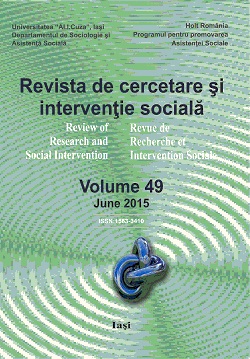PSYCHOSOCIAL IMPLICATIONS OF CHILDHOOD OBESITY
PSYCHOSOCIAL IMPLICATIONS OF CHILDHOOD OBESITY
Author(s): Laura Mihaela Trandafir, Dana Teodora Anton-Paduraru, Ingrith Miron, Lucian Laurentiu IndreiSubject(s): Psychology, Health and medicine and law, Victimology
Published by: Expert Projects Publishing
Keywords: emotional disorders; obesity; psychosocial; stigmatization; children;
Summary/Abstract: Obesity is currently a significant public health problem, as we have witnessed a dramatic increase in the number of obese and overweight children worldwide. Childhood obesity is more than a physical problem. The psychosocial consequences of overweight and obesity are less clear than physiological consequences. In this review paper we aim to describe the main psychosocial dimensions of childhood obesity: stigmatization, altered cognitive performance, low self-esteem and respect for one’s body, emotional disorders. Stigmatization, victimization and teasing are related to social non-acceptance and discrimination of overweight children and adolescents. The quality of life of obese children is lower due to their poorer physical and mental health, or to their deficient social functioning and poorer school performance.
Journal: Revista de Cercetare şi Intervenţie Socială
- Issue Year: 2015
- Issue No: 49
- Page Range: 205-215
- Page Count: 12
- Language: English

